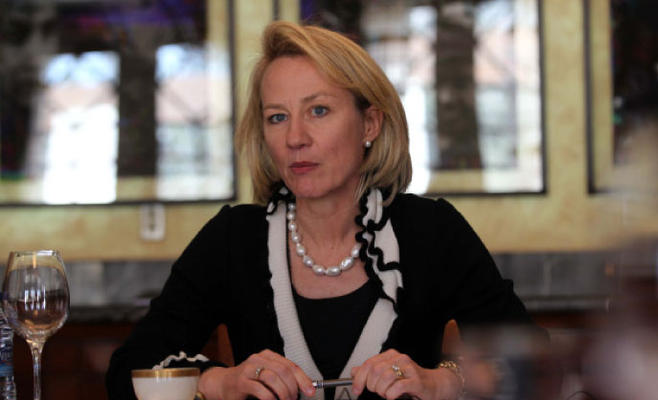
Alice Wells, the assistant secretary of state for South and Central Asia, said after a visit to Kabul she was pleased that all major candidates had pledged to accept results.
"I stressed the need for a transparent and credible tallying process and for the ability of Afghanistan's electoral institutions to lead the process without pressure or interference," she told reporters in Washington.
"At this stage, accuracy in tabulating the results is more important than speed, and I encouraged all candidates to exercise restraint and to await the official announcement of election results," she said.
Preliminary results from the September 28 vote were expected last Saturday but the Independent Election Commission delayed the announcement, citing technical issues and the need for transparency.
Folly of the Afghan presidential election 2019
The last election in 2014 was marred by allegations of rigging, with then secretary of state John Kerry resolving the crisis by brokering a power-sharing agreement between President Ashraf Ghani and his chief rival Abdullah Abdullah.
Both men ran in the latest election but Western powers have hailed improvements since then, including biometric machines meant to prevent any person from voting more than once.
The election took place under the backdrop of a Taliban campaign of violence and weeks after President Donald Trump abruptly ended talks with the militants under which the United States would withdraw troops and end its longest war.
Ghani had sharply criticised the draft deal. Days ahead of the election, the Trump administration cut $160 million in direct funding to Afghan authorities, citing corruption.
1732503274-0/Untitled-design-(43)1732503274-0-405x300.webp)
1732501636-0/Untitled-design-(42)1732501636-0-165x106.webp)

1732498967-0/Outer-Banks--(1)1732498967-0-165x106.webp)
1732086766-0/BeFunky-collage-(74)1732086766-0-165x106.webp)












COMMENTS
Comments are moderated and generally will be posted if they are on-topic and not abusive.
For more information, please see our Comments FAQ